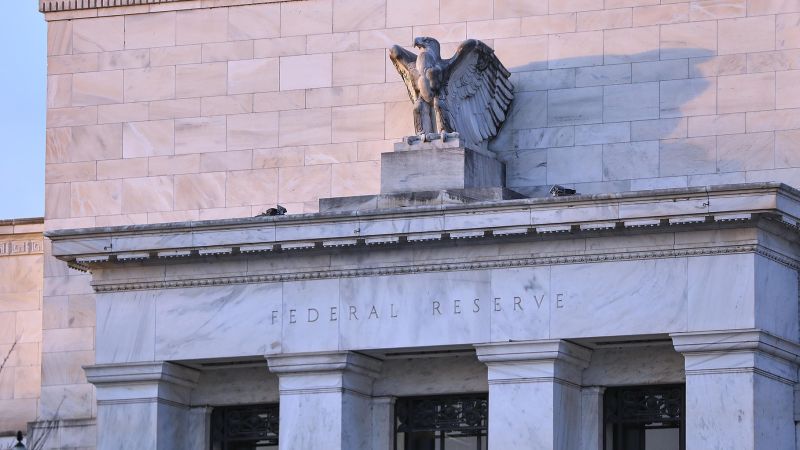
Even Fed officials are trying to figure out how to do their jobs in the next Trump era
CNN
Federal Reserve officials have worked hard to set interest rates at levels that minimize inflation and maximize employment over the past couple of years. And they’ve been remarkably successful, a historically rare feat to pull off.
Federal Reserve officials have worked hard to set interest rates at levels that minimize inflation and maximize employment over the past couple of years. And they’ve been remarkably successful, a historically rare feat to pull off. But central bankers’ jobs could get a lot harder in just a matter of hours after President-elect Donald Trump takes the oath of office on Monday. Some of his first orders of action, he’s said, will include ordering mass deportations of immigrants and enacting tariffs on America’s biggest trading partners. That could very well spur more inflation, some economists have predicted. Or Trump could merely be using the threats as a negotiating tactic, essentially bluffing. No one really knows. The heightened uncertainty “makes setting monetary policy much more difficult,” said Ellis Tallman, a former executive vice president and senior economic policy adviser at the Cleveland Fed. Hundreds of economists and researchers already help the Fed try to figure out how the many unknowns that could impact the economy will come together, creating so-called baseline forecasts that they can then tinker with as conditions change. They also run additional forecasts and simulations, or risk scenarios, that test events that could hurt the economy but are deemed less likely.













